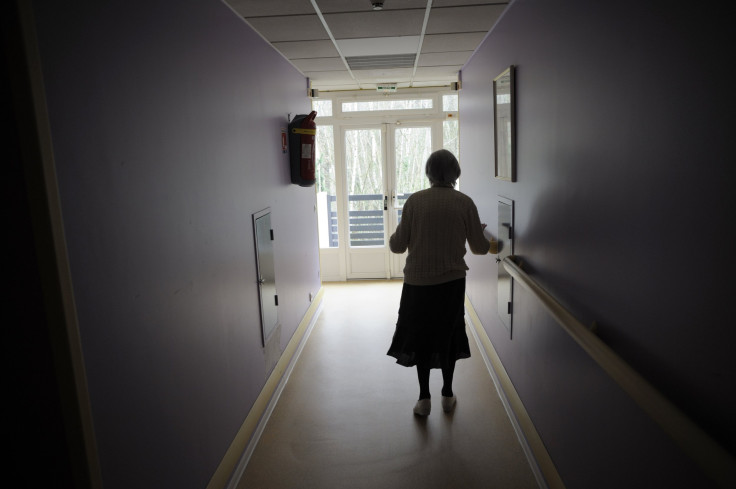World Alzheimer's Day: Significance, Important Facts About The Chronic Condition
World Alzheimer's Day, observed annually on Sept. 21, aims to raise awareness about the condition and push back against the stigma around it.
Alzheimer's disease is the most common type of dementia, comprising 60 to 80% of cases. It can affect a person's memory and daily functioning, with symptoms such as memory loss, mood and personality changes, withdrawals and trouble with simple, daily tasks.
In the U.S. alone, an estimated 5.8 million people were living with Alzheimer's disease in 2020, according to the U.S. Centers for Disease Control and Prevention (CDC). In a recent report, it was even listed among the top 10 leading causes of death in the U.S.
But despite these staggering numbers, many people still don't quite understand Alzheimer's disease and dementia. For instance, a 2019 report by Alzheimer's Disease International said many people still think dementia is just a normal part of aging.
This year's theme for the day is "Know Dementia, Know Alzheimer's." While last year's focus was on dementia diagnosis and warning signs, this year's is "post-diagnosis support."
"Following recent developments and potential breakthroughs, in both dementia treatment and support, the campaign will aim to highlight the importance of support for people living with dementia and families following a diagnosis," noted Alzheimer's Disease International.
Events such as fundraisers, rallies and awareness campaigns are expected in all corners of the world to spread awareness and show support for those affected by Alzheimer's disease and other forms of dementia.
People can participate in such events in their area and can also volunteer at their local Alzheimer's organizations, or perhaps make a sincere donation. You can even share a caring message of support for someone who is caring for a loved one with Alzheimer's or some other form of dementia.
Of course, one simple, yet important way to observe the day would be to educate oneself and othres about Alzheimer's and dementia. Let's look at some important facts about these conditions. (Courtesy: Healthline, National Today and the CDC)
- Alzheimer's disease is not a normal part of aging. It is a chronic condition that affects the parts of the brain that control thought, memory and language.
- The exact causes of Alzheimer's disease are still not well understood.
- Most people get diagnosed with Alzheimer's disease after 65 years. Others may get diagnosed earlier but it is said to be "less common." In those cases, it's called "early onset" Alzheimer's disease.
- More than 200,000 Americans under 65 years have early-onset Alzheimer's disease.
- Apart from memory issues, other signs of Alzheimer's disease include having trouble handling money, trouble with familiar home tasks, repeating questions and getting lost in a familiar place.
- It is estimated that caring for dementia patients accounts for over 18 billion hours of unpaid labor each year.
- The number of Americans with Alzheimer's disease is expected to climb to 14 million by 2060.
- By ethnicity, the percentage of adults above 65 years and older with Alzheimer's disease is 14% for African Americans,12% for Hispanics and 10% for non-Hispanic Whites.
- It's believed that genetics plays a role in Alzheimer's disease but this does not "equal destiny." Research has shown that healthy practices such as regular exercise and quitting smoking may help reduce the risks.
- There is so far no cure for Alzheimer's disease. However, there are ways to help slow its progression.

© Copyright IBTimes 2025. All rights reserved.






















